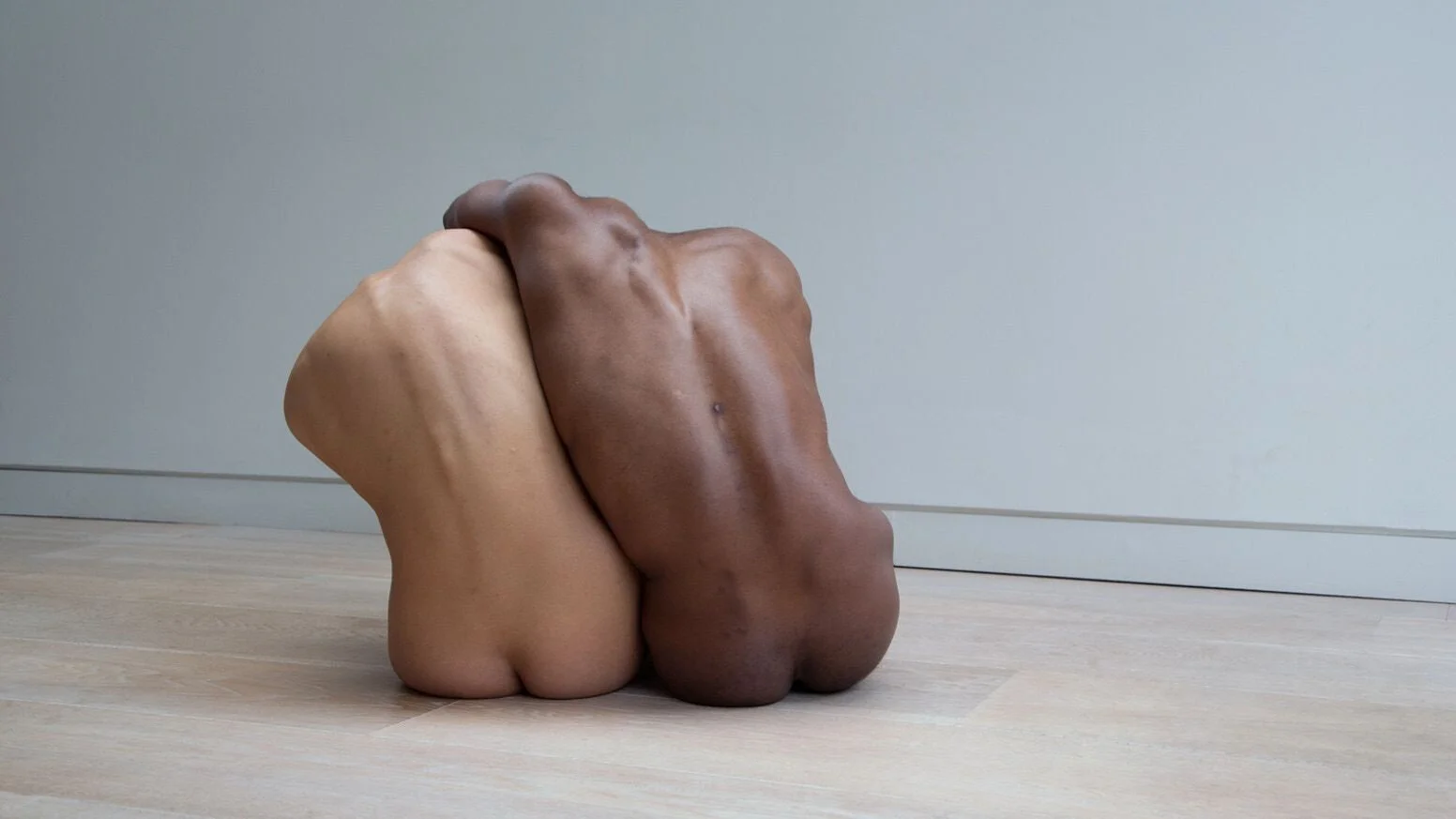acceptance, trust
After the ecstasy, the laundry.
Zen proverb
Our desire for transcendence is often what leads us to meditation: an escape from pain, stress, anxiety, or hyperactivity. We tend to arrive at spiritual practices not because they draw us in, but because something else pushes us out.
There’s nothing wrong with this. Desperation can bear fruit. Venturing into new territory is always worth the effort.
Many meditators face the same challenge, though: “Wherever you go, there you are.” It’s a phrase that’s been attributed to many people. Jon Kabat-Zinn, who used it as the title for one of his bestselling books, encourages an attitude of acceptance amid the frustration of those things that inspire us to escape:
Acceptance means seeing things as they actually are in the present…. It has nothing to do with passive resignation. Acceptance as we are speaking of it simply means that, sooner or later, you have come around to a willingness to see things as they are. This attitude sets the stage for acting appropriately in your life, no matter what is happening. You are much more likely to know what to do and have the inner conviction to act when you have a clear picture of what is actually happening versus when your vision is clouded by your mind's self-serving judgments and desires or its fears and prejudices.
In the meditation practice, we cultivate acceptance by taking each moment as it comes and being with it fully, as it is. We try not to impose our ideas about what we “should” be feeling or thinking or seeing in our experience. Instead, we just remind ourselves to be receptive and open to whatever we are feeling, thinking, or seeing, and to accept it because it is here right now.
“A willingness to see things as they are.” It’s an attitude adjustment for many of us. We seem to believe too strongly in our own power at times. Rather than humbly and honestly observing what’s happening, we tell ourselves that we are in control of all things, for better or worse, and it is our fault if something is not happening as we’ve decided it should.
It’s simple denial of the workings of this world. And if we are interested in cultivating acceptance, we would do well to pay attention to how often we are really in denial.
“I can make it if I drive a little faster.”
“We’re not having this fight right now.”
“I'll be okay if I have just one more…”
Here's the reality: You are late. You are fighting. You are already feeling sick, and that last drink/cigarette/junk food won’t help.
Acceptance has been challenging for me. As a person with many insecurities, I taught myself from a young age to put on an air of power and control. I’m not nervous! I’m not weak! This is no problem for me.
Approaching life with this attitude is incredibly burdensome. Not only do we disconnect ourselves from reality, but we also make it our responsibility to effect the reality we’ve constructed in our minds.
One of the surprising gems I’ve adopted from Full Catastrophe Living is from Kabat-Zinn’s chapter on responding (as opposed to instinctually reacting) to stress: “In such moments,” he writes, “you might even try saying to yourself, ‘This is it,’ or ‘Here is a stressful situation.’”
This practice is almost jarring in its powerful simplicity. How many times have we, when facing stress, told ourselves, “It’s ok, I’m fine, this is not stressful”? Acknowledging and accepting reality, especially the reality of emotions we consider frivolous or inconvenient, allows us to take the role of observer. No longer a victim of our minds or circumstances, we are simply aware of what’s happening. We are simply telling the truth.
Accepting reality is much easier than trying to manipulate it. It takes much less effort, but it also takes a great deal of trust. Trust in our selves, trust in the truth of emotion, and trust in our ability to weather all situations that arise. Acceptance and trust are deeply intertwined in the knowledge that all things are temporary. Challenges and joys arise and fall in equal measure. We trust that difficulties will end, that delights will return, and that all things are to be accepted — if only because the alternative is such a drag.
This is one in a series of reflections on Jon Kabat-Zinn’s seven attitudes of mindfulness: non-judging, patience, beginner’s mind, trust, non-striving, acceptance, and letting go (published in Full Catastrophe Living, Bantam/Random House 1990, 2013). Quotations are excerpted from Full Catastrophe Living.
